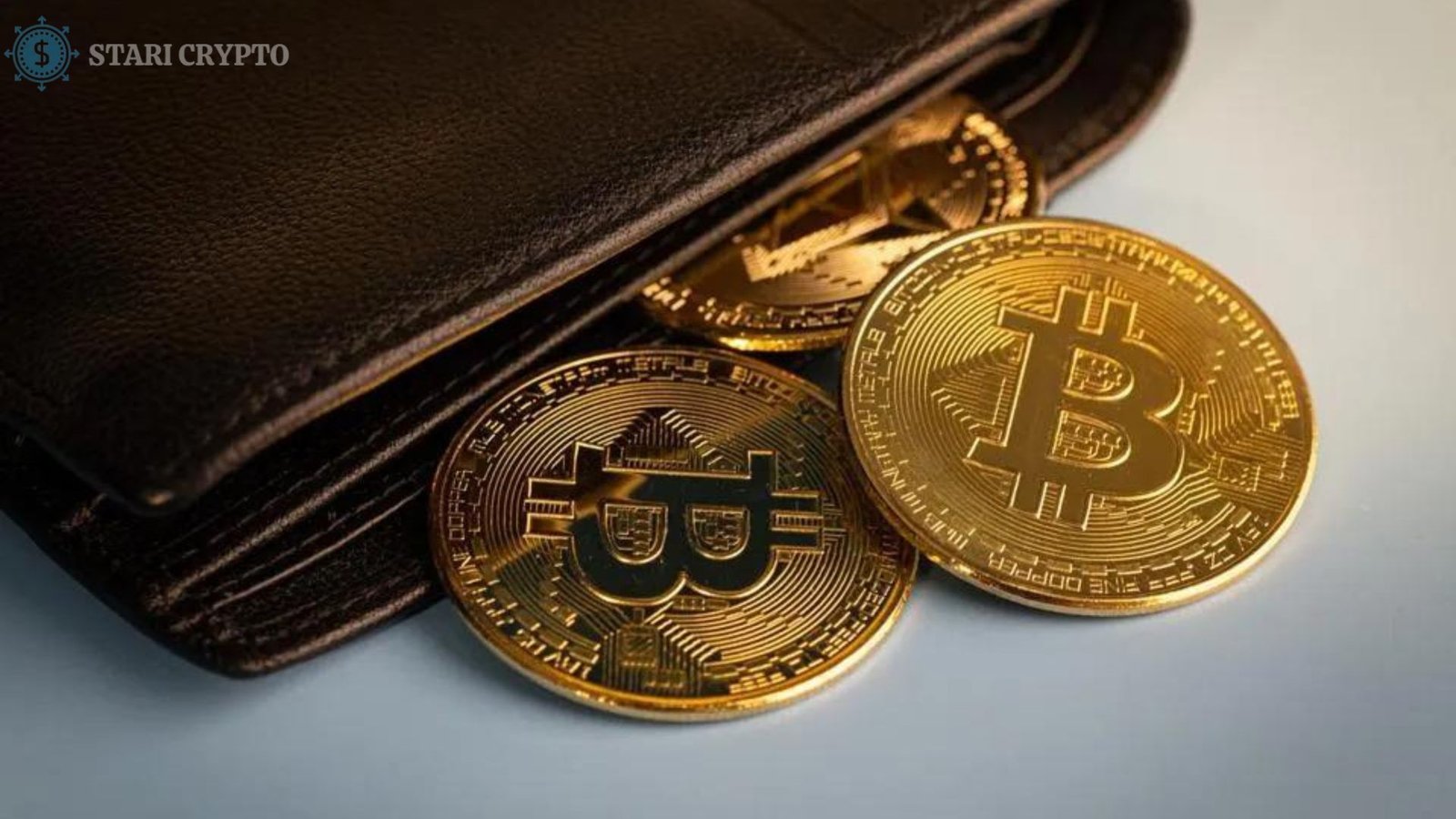Bitcoin Basics: Bitcoin Basics: A Beginner’s Guide to Understanding Cryptocurrency” teaches beginners about Bitcoin, the first and most popular cryptocurrency. Bitcoin uses a blockchain to securely record transactions without a bank. Bitcoin’s decentralization provides people more control over their funds and limits government and banking institutions’ involvement. Beginning Bitcoin users must know how to buy and store Bitcoin. Traditional currency can be used to buy bitcoin on cryptocurrency exchanges and store it in a digital wallet online, on a computer, or in a hardware device.
Also Read: Future of Bitcoin: Price Predictions and Market Influences
Security is crucial in crypto, and each wallet comes with private keys for accessing and exchanging Bitcoin. Bitcoin is volatile, meaning its value can change quickly. This investment is high-risk, high-reward. Many view Bitcoin as a hedge against inflation or “digital gold,” due to its 21 million-coin cap. Bitcoin is a new frontier in finance, bringing unique opportunities and difficulties for cryptocurrency enthusiasts.
You can think of Bitcoin as a digital currency that you can’t physically hold. It is entirely virtual and controlled by a vast global network of computers. Bitcoin differs from traditional government-issued currency in that it is decentralized and cannot be controlled by any one entity. You can avoid middlemen like banks and governments when you use Bitcoin. Bitcoin, on the other hand, handles everything automatically, which can make transactions cheaper and faster.
How Bitcoin Works:
The blockchain is like a huge digital ledger book, and Bitcoin is just one ledger in it. This book records every Bitcoin transaction that takes place. In the same way that bookkeepers verify the accuracy of all transactions, miners do the same. Bitcoin Basics: They accomplish this using specialized computers and receive fresh Bitcoin as a reward. The integrity and safety of the Bitcoin network depend on this procedure, known as mining. In the absence of miners, it would be possible for anybody to spend their Bitcoin twice.
The Rise of Bitcoin:
In 2009, Satoshi Nakamoto created Bitcoin. Although few people were aware of it at first, its popularity gradually grew. Some people now use Bitcoin, a new sort of money, to invest or make online purchases. Millions of people around the world use Bitcoin daily, and it all began as an experiment. Thousands of new cryptocurrencies, each serving a different purpose and built on top of its meteoric increase in popularity, have also emerged.
Investing in Bitcoin:
Some investors purchase Bitcoin with the expectation that its value will rise in the future. They consider it an investment opportunity with the possibility of a return on their capital. Some people diversify their financial portfolios or use Bitcoin as a protection against inflation. Bitcoin Basics: Keep in mind, too, that the price of Bitcoin can be extremely volatile, meaning it can experience large swings in value very quickly. Bitcoin is dangerous due to its volatility; invest only funds you can afford to lose and do your homework before purchasing Bitcoin.
Bitcoin Wallets:

A digital wallet is essential for the security of your Bitcoin holdings. You can think of it as a digital wallet for your Bitcoin. You can get wallets that look like USB drives or ones that you can download to your phone. It is crucial to select a wallet that fits your demands because each one has its distinct features and security methods. When it comes to security, certain wallets are better than others, but they’re not always the most user-friendly. If you don’t want to lose your Bitcoin to hackers or criminals, you need also to safeguard your wallet and private keys.
Bitcoin Transactions:
A transaction occurs whenever Bitcoin is sent to another person. This eliminates the middleman, the bank, and allows for direct transfers between individuals. It may take a while for transactions to be processed, particularly during peak network hours. Bitcoin Basics: Every transaction must first be validated by miners before it can be added to the blockchain, which causes a delay. There is no way to undo a validated and added transaction to the blockchain. Because of this, Bitcoin transactions are safe and dependable, but you should exercise caution while transmitting Bitcoin to another person.
Regulation and Legal Issues:
Since Bitcoin is still in its infancy, the regulations governing it vary from nation to country. While some businesses have regulations in place to ensure the secure usage of Bitcoin, others have begun accepting it as payment. Governments keep a careful eye on Bitcoin because they are concerned about its potential misuse. Businesses may be unwilling to accept Bitcoin or provide services related to it due to regulatory ambiguity, which can make its use problematic in some regions. The use of Bitcoin is growing in popularity, though, and governments are responding by establishing more transparent rules to control the currency and safeguard users.
Bitcoin Scalability and Challenges:
Some difficulties arise when the number of Bitcoin users increases. The fact that the network has a maximum throughput for simultaneous transactions is a major concern. During periods of strong demand, this restriction can cause delays and increased fees. Developers are currently focusing on improving the network’s speed and efficiency by exploring options like expanding the block size or utilizing off-chain solutions such as the Lightning Network. The environmental impact of Bitcoin is another obstacle the cryptocurrency faces. The energy-demanding mining process uses a lot of power. Some think Bitcoin has too big of an effect on the environment, while others think that new forms of renewable energy and more effective mining gear can lower that impact.
Alternative Cryptocurrencies:
There are other digital currencies than Bitcoin. Like Litecoin and Ethereum, there are countless others. Everyone is great for something unique and has their own unique set of characteristics. For financial gain, some choose to put their money into these alternative coinages. For example, some people use them to implement privacy features or smart contracts. These other coins provide chances for variety and innovation in the expanding cryptocurrency market, even though Bitcoin is still the most famous and extensively utilized cryptocurrency.
The Future of Bitcoin and Cryptocurrency:
Bitcoin and other cryptocurrencies may be young, but they already hold great promise. A lot of people are utilizing them for things like lending money and trading digital art, among other things. What lies ahead is anyone’s guess, but being a part of this technological revolution is thrilling all the same. Bitcoin Basics: More innovation and use of cryptocurrencies like Bitcoin are likely on the horizon as their popularity grows. There is a wide range of interests inside the cryptocurrency realm, from investing and technology to pure curiosity about the future of money.
In Summary:
There is always more to discover about Bitcoin and cryptocurrencies, so keep that in mind as we finish up our research. The realm of cryptocurrencies caters to a wide variety of interests, including investing, technology, and the potential future of money. Join us in shaping the future of finance by keeping yourself informed, asking questions, and engaging in ongoing dialogue.
Also Read: Staricrypto.com

















